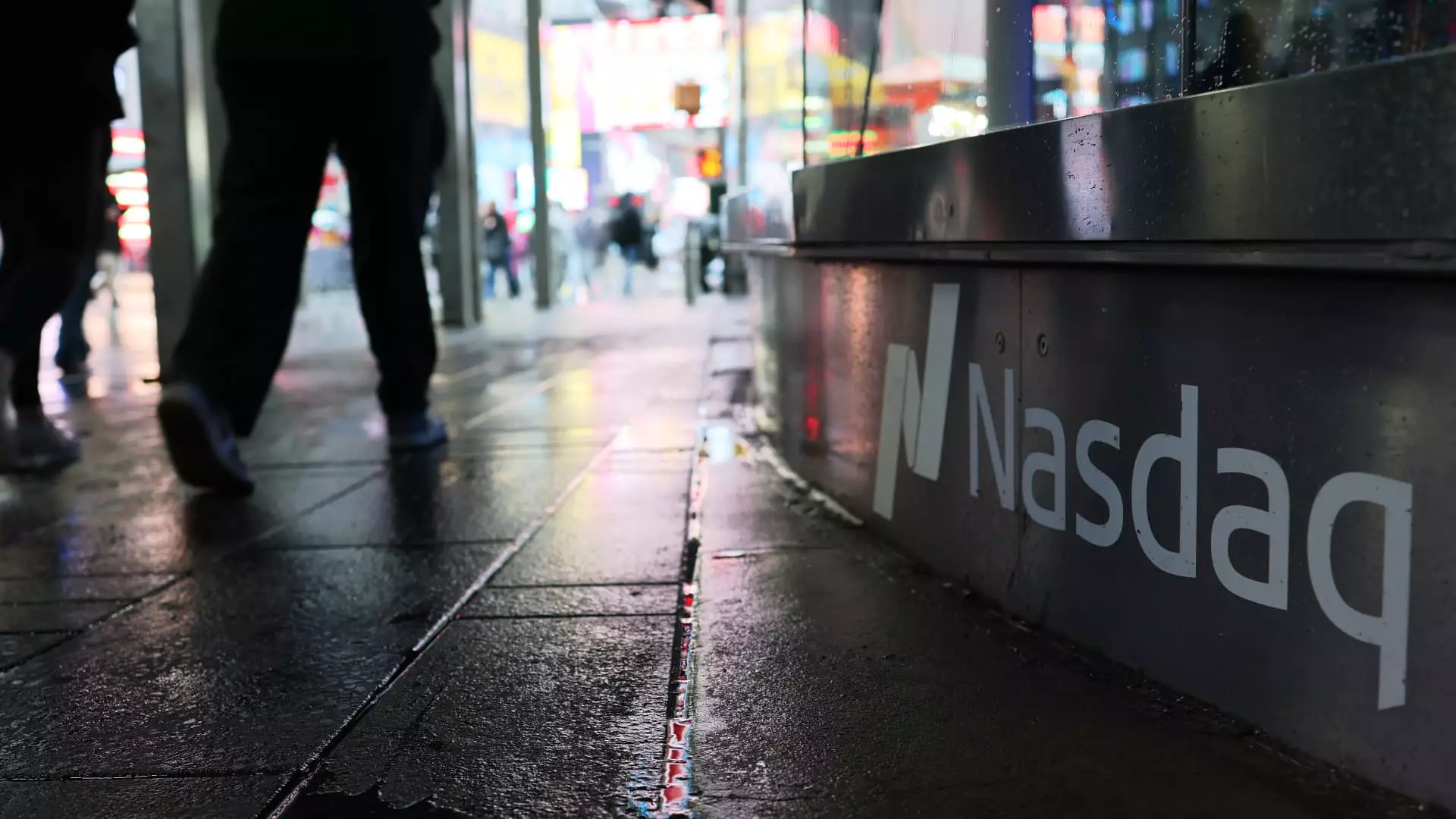Despite the impressive surge of markets to unprecedented heights, an unsettling undercurrent threatens to unravel the facade of economic invincibility. The euphoria fueled by continuous record closes masks underlying vulnerabilities that, if left unaddressed, could trigger a sudden and harsh correction. The narrative of unstoppable growth and complacency clouds critical judgment, blinding investors to the brewing storm beneath the surface. Markets, which seem invulnerable in the short term, are in reality vulnerable to sharp downturns once investor sentiment shifts and reality intrudes. The danger lies in weaknesses being ignored because of the comfort of recent gains, fostering a dangerous sense of invincibility that can distort risk assessments.
Overconfidence and the Risk of the “Perfect Scenario” Fallacy
A significant flaw in current market psychology is the overconfidence bias—investors and analysts alike assuming the current trajectory is a guarantee of smooth sailing. This optimism, reinforced by consistent record highs, leads to the projection that everything will continue as it has been. Yet, seasoned observers like Megan Horneman warn of the peril of this complacency, spotlighting risks such as tariff impasses, uncertain Federal Reserve policies, and technical overbought conditions that are often overlooked amidst the hype. The belief that current valuations are justified by fundamentals is dangerously flawed; it assumes that external shocks won’t materialize or that lingering geopolitical and economic risks are dismissible. Such hubris could be the catalyst for a much-needed correction that many are unprepared for.
The Technical Bubble and Speculative Excess
The technical indicators currently flashing overbought signals should be recognized as more than mere quirks—they represent a warning that market complacency is pushing asset prices beyond sustainable levels. Growth stocks, especially entrenched giants like Big Tech, have become emblematic of speculative excess. Investors, intoxicated by short-term gains, overlook the signs of an overheated market that is vulnerable to adverse shifts. If momentum wanes or external shocks like tariff escalations or policy reversals occur, these assets are likely to experience dramatic declines. The possibility of a technical correction thus becomes not just plausible but probable if investor sentiment sours, exposing how fragile the current market rally truly is.
International Exposure as a Safer Harbor?
Amid the prevailing overconfidence, some analysts see value in international stocks—an underloved and undervalued segment that offers a glimmer of hope. These markets, often dismissed as costly or volatile, might serve as a strategic refuge should U.S. valuations start to wobble. International equities are presently undervalued relative to American markets, offering a potentially lucrative opportunity for contrarians. Yet this shift toward global diversification should be approached cautiously, as geopolitical risks and currency fluctuations could also threaten international investments. The lesson here is that complacency should be replaced with strategic awareness—acknowledging that no market is immune, but some offer better risk-reward propositions in turbulent times.
The Danger of Herd Mentality and FOMO
A central concern remains the crowd-driven momentum propelling markets higher. The recent relentless climb, driven by retail investor enthusiasm and herd mentality, amplifies the risk of a sharp downturn if this collective confidence falters. The fear of missing out (FOMO) fuels buying sprees at valuations that are arguably unsustainable in the long run. As market valuations become inflated beyond what fundamentals can justify, the stage is set for a painful correction, especially when the fundamental reasoning that supported these levels begins to crack under external pressures. The problem with such crowd-driven exuberance is its propensity to create artificial valuations detached from economic realities, paving a perilous path toward collapse.

